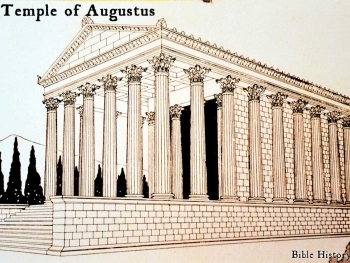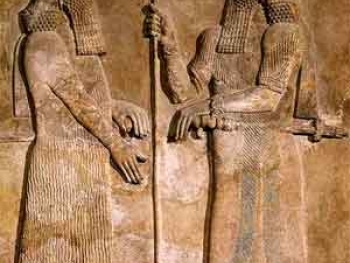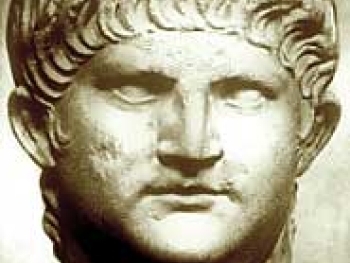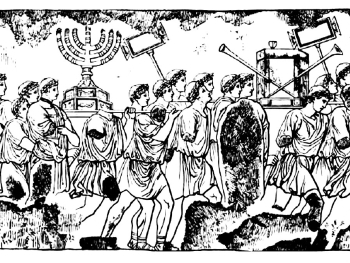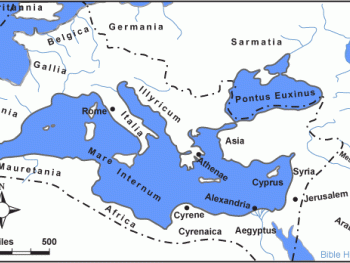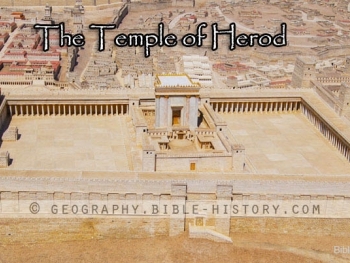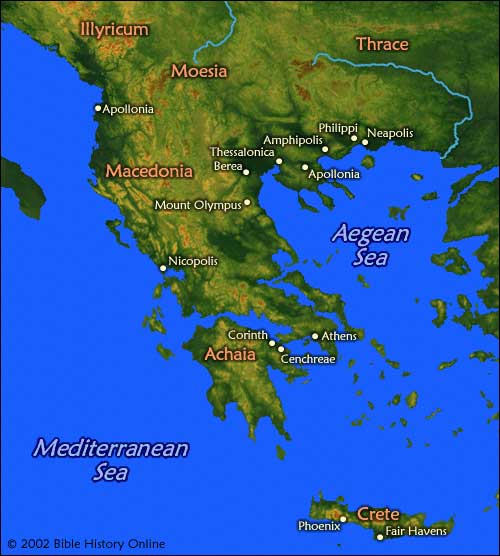
The people of ancient Greece developed unique characteristics because of the topography of their country. The coastline curved inward very peculiarly, causing the bays to become very prominent, and stretching far out into the Mediterranean Sea. This characteristic created the famous harbors throughout the coasts of Greece. It was fixed in nature that the people in this land would be very familiar with the sea, and living their lives on the sea. Ancient Greece also had large mountain ranges which were impossible to pass, which provided safety for the tribes living in the valleys, and these people of Greece lived different lifestyle than the seafaring life. Ancient Greece was also a place with vast farming and a wealth of soil and good climate which produced a unique environment and a unique people.
Source:
